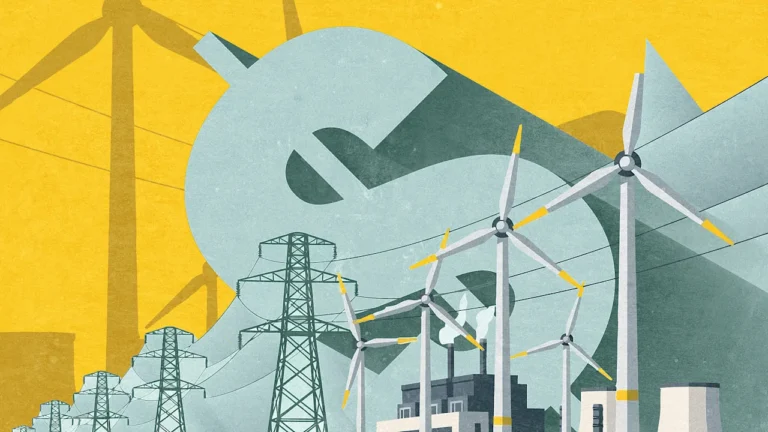kankarash_tara/Getty Images
- As a psychologist, I know I need to give my 20-something sons independence.
- I continue to support them in small ways, by booking doctor appointments and sending groceries.
- Redefining our relationships has been hard, but I want them to know I will always help them.
My kids are 20 and 22, so they’re technically adults. They’re grown and independent, or so the thinking prevails. But are they really? Sure, they have the privilege of voting and private health records, but Hertz and a Heineken are still out of reach, at least for my youngest.
When I think back to myself at that age, some of my behavior was definitely not adult-like. Late-night hitchhiking in Europe. Lying about being a smoker to get what I thought would be a cooler roommate. Cutting off six inches of hair on a whim.
Were these the actions of a mature, level-headed adult? I would say not. But adulthood is less like a light switch that goes on at 18 and more like a stereo knob that gradually adjusts. So why would I stop looking after my kids just because they have left the house?
Caring for my kids doesn’t mean they won’t survive on their own
My eldest, a college senior, ended up moving himself into his new apartment this summer. Not by design, of course; I was in another time zone, helping his younger brother move. I felt some guilt spasms, but he survived just fine without me.
While visiting weeks later, I noticed that he and his roommates had clean dishes strewn about the counter, presumably waiting for some magic fairy to catapult them into the cupboard. That afternoon, I ordered a plastic dish rack with a drainage spout. They were wowed by the NASA-level technology that could house a dish and drain water.
I could have left it alone, but why? I know 18-year-old me could have used someone to say, “Hey, there’s this thing that will make your life a lot simpler.” They don’t know what they don’t know, and part of being a parent to a young adult is to help make the unknown known.
Last winter, I arrived on campus to find my younger son, a then college freshman, feeling unwell. He knew the drill: fluids and Tylenol. His symptoms led me to suggest a trip to urgent care. An hour later, he tested positive for Influenza B. Did my mama bear instincts kick into high gear? Absolutely. I was off to get his Tamiflu prescription, soup, and lozenges within minutes. He would have lived regardless of my help, but a little TLC when you are unwell is something I knew he would welcome. After all, I was there. How could I not help?
Courtesy of Arbella Parrot
Redefining our relationships hasn’t been easy
As a first-generation American, I grew up with the message that looking after one another is forever, not restricted by distance, age, or circumstance. Even my 89-year-old mother still tells me to take a jacket because it might get chilly out. While I once found that type of thing annoying, I now have empathy for it. It’s hard to quit doting.
My sons are young men now, but I can admit that I still jones for the sweet high of looking after them. As a seasoned clinical psychologist, I should know better than to get too involved. But detox is hard, whether it is Tito’s or Oreos, or a 20-year habit of caring for my now 6’3 babies.
While our heads tell us they must learn from failure and self-advocate, our hearts, well-trained since we brought that little pink and blue-capped bundle home, think there is little harm in Instacarting groceries for them or scheduling their physicals.
Yes, the heavy lifting of parenthood ends once kids leave the house, but I strongly believe it is a job from which, if done right, you will never retire. Walking the fine line between loving and not fixing, advising and not rescuing is tough work. Like everything, it takes practice and patience with ourselves.

